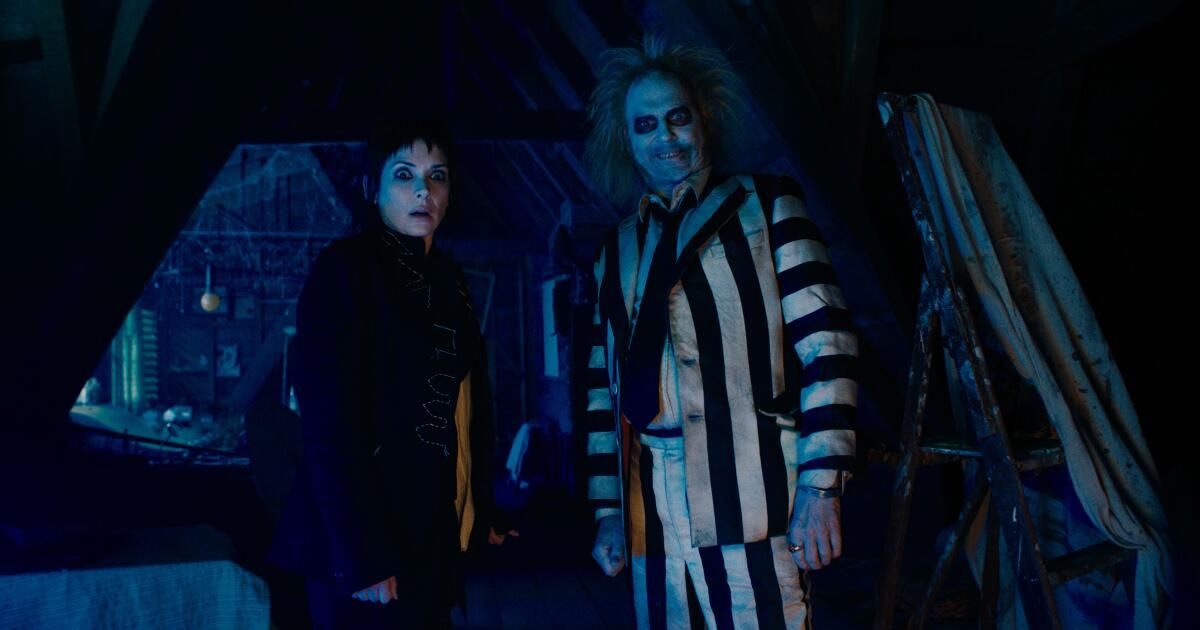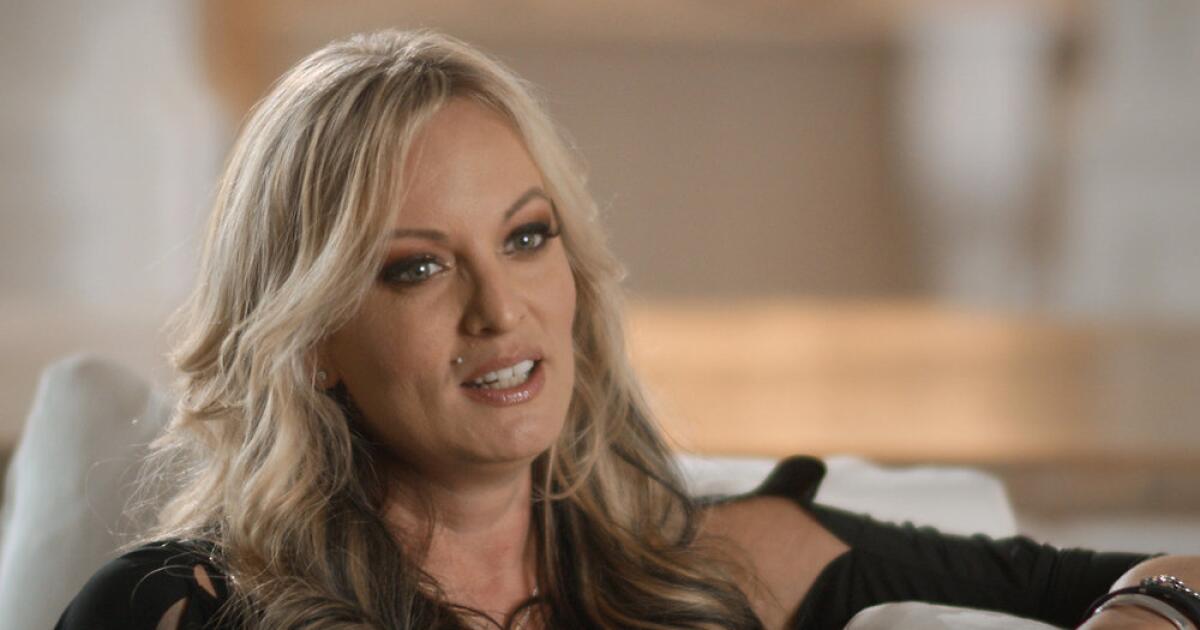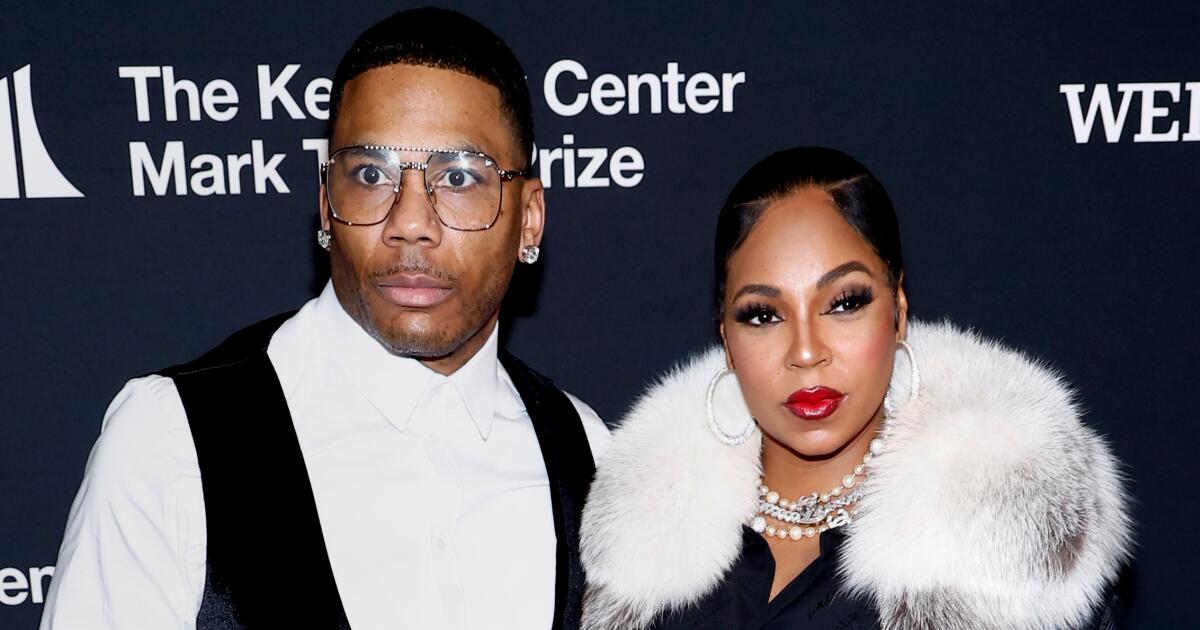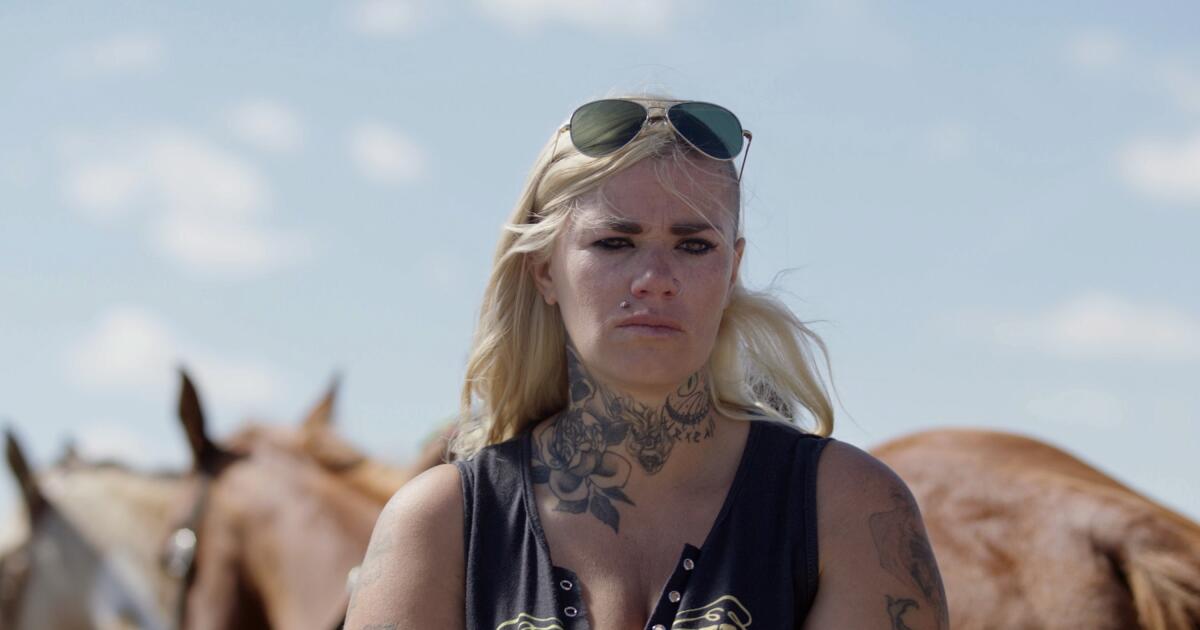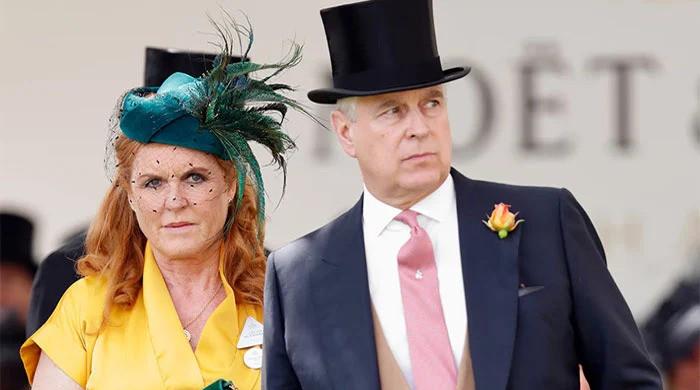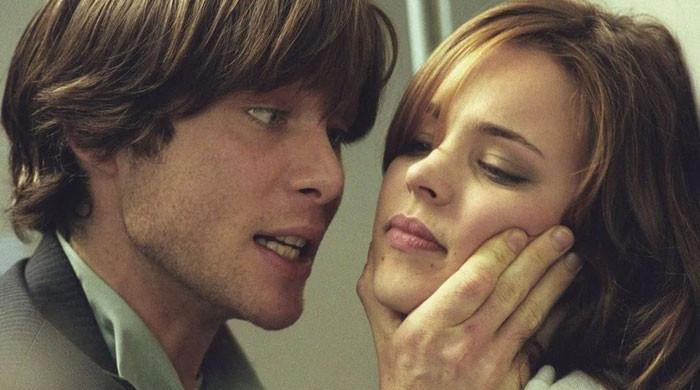It’s hard to overstate the cultural impact of Tim Burton’s 1988 film Beetlejuice. In fact, it seems like the wild-haired “bio-exorcist” memorably embodied by Michael Keaton has always been around — especially for a subset of millennials who grew up watching the screwball horror-comedy over and over again. The film was a critical and commercial success, and it spawned an animated series and, later, a Broadway musical. And now, 36 years after Beetlejuice made Winona Ryder a star, a sequel, Beetlejuice Beetlejuice, is finally hitting theaters.
The idea of a sequel to the hit film has been around for some time, with scripts commissioned for “Beetlejuice in Love” and “Beetlejuice Goes Hawaiian.” But it took three decades for anything to come to fruition, and the current cultural moment demands a sequel, given the appetite for all things nostalgic.
“Beetlejuice” returns full circle to Winter River, Connecticut (and the afterlife, of course). Ryder’s iconic character, Lydia Deetz, who defined Gen X goth quirkiness with her patchy bangs and dark humor, is now a mom with a job. She hosts a paranormal TV show called “Ghost House” and, karmically, struggles to parent a moody teenager, Astrid (Jenna Ortega), who rolls her eyes at her mom’s new boyfriend, her producer, Rory (Justin Theroux), who is obsessed with sensitive therapeutic language.
The Deetz women, including Lydia's stepmother, conceptual artist Delia (Catherine O'Hara), reunite in Winter River following the death of Lydia's father. (Charles Deetz, played in the original film by Jeffrey Jones, dies in particularly gruesome claymation in a plane crash and shark attack, and his character wanders the afterlife with his head and shoulders severed.)
While the original is a screwball family comedy about death and real estate, “Beetlejuice Beetlejuice” tries to be a little more, striving to find emotional resonance in what it means to connect with the dead. Astrid is a cynic who refuses to believe in ghosts, but when she gets the chance to visit the afterlife, she jumps at it, simply because she misses her deceased father (Santiago Cabrera). Lydia, haunted by ghost visions and sensing Beetlejuice’s presence nearby, needs to make peace with her hauntings.
Speaking of the old man, he has his own problems downstairs, namely a harassed ex-wife (Monica Bellucci) stalking him around his workplace, glowering at him. Bellucci's classy but minor role is indicative of some of the systemic problems plaguing “Beetlejuice” — namely, too many celebrities. Some roles are nothing more than glorified cameos (Danny DeVito), while others seem forced and distract from the main plot (Willem Dafoe as a dead actor turned film noir detective from beyond the grave).
After a first hour that feels somewhat forced and overly contrived, “Beetlejuice” coheres for a brief moment in the middle, and we get to see some of the weird, wonderful chemistry that Ryder and Keaton still possess while embodying these characters. The film then descends into frenetic, harried chaos, as Burton and his “Wednesday” screenwriters Alfred Gough and Miles Millar (Seth Grahame-Smith has a “story by” credit) throw characters, monsters and familiar scenes into a blender and let it grind. Sandworms! Chants! Disco!
Watching “Beetlejuice” is not an unpleasant experience, as it maintains a familiar irreverent tone and a wonderfully morbid and imaginative look. The underworld is particularly well designed, and Burton’s combination of special effects and computer-generated effects maintains some of the charm of the original.
Certain qualities are undeniable, such as Keaton's mastery of this character and O'Hara's unique wit. Ryder bears the greatest interpretive burden, as her character transitions from teenager to mother, but finds her groove in the second half of the film.
But there's something a little bland and manufactured about this version, which doesn't have the same twisted, hyperreal suburban aesthetic that production designer Bo Welch brought to the original, as well as to Burton's Edward Scissorhands. It doesn't feel like a singular handcrafted object, but rather a mass-produced Hot Topic merchandising product for a new generation. It's a messy, chaotic, motley mix of recycled material that leaves us wondering why we bothered to summon this project back from the dead in the first place.
Walsh is a film critic for the Tribune News Service.
'Beetle, beetle'
Classification: PG-13 for violent content, gruesome and bloody images, strong language, some suggestive material and brief drug use.
Duration: 1 hour, 45 minutes
Playing: In general release on Friday, September 6

